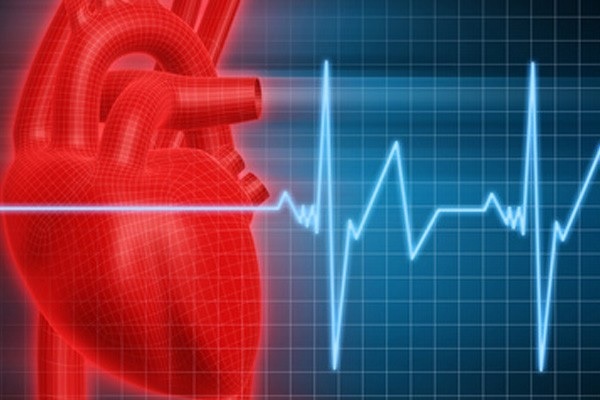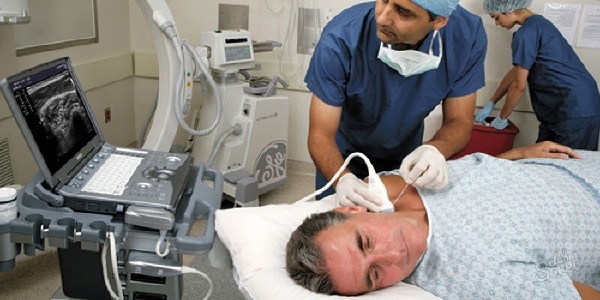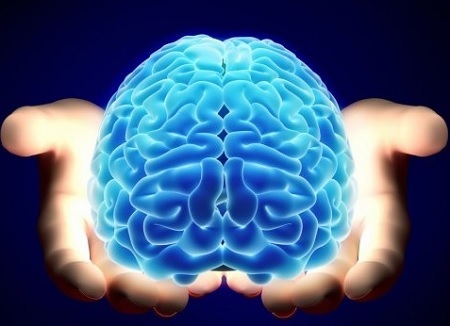Sudden dizziness
Contents:
- Dizziness Types
- Dizziness Factors
- Arterial Pressure
- Diseases of the inner ear
- Dizziness related to the brain
- Heart and Vascular Diseases
- First Aid
 The sense of the body's location in space is provided by the vestibular apparatus, vision and muscular senses, the signals of which coordinatebrain. Sometimes, if one of the components is damaged, sudden dizziness develops. It is a sense of instability, loss of the fulcrum or rotation of surrounding objects with respect to itself. Causes are associated with impaired function of various systems or with serious brain pathologies.
The sense of the body's location in space is provided by the vestibular apparatus, vision and muscular senses, the signals of which coordinatebrain. Sometimes, if one of the components is damaged, sudden dizziness develops. It is a sense of instability, loss of the fulcrum or rotation of surrounding objects with respect to itself. Causes are associated with impaired function of various systems or with serious brain pathologies.
Kinds of dizziness
The systemic dizziness is the result of the pathology of the vestibular apparatus. The defeat of the ganglia or semicircular canals causes a peripheral type of disorder. If the cerebellum, brainstem, vestibular nuclei or connections between them are affected, this type is called central.
In another group, non-systemic dizziness is noted - the result of loss of consistency between the vestibular, visual and proprioceptive systems. They show an instability in maintaining the posture, a violation of the gait. The same group includes a condition close to fainting, a psychogenic cloudiness in neurotic diseases.
The cause of physiological dizziness is a strong irritation of the vestibular apparatus, which occurs during an unexpected change in the speed of movement, tracking of moving objects, with a long rotation.
 Read what signs show atherosclerosis of the vessels of the brain and how to prevent a stroke.
Read what signs show atherosclerosis of the vessels of the brain and how to prevent a stroke.
How Betagistin works with dizziness: indications and contraindications to the appointment.
Factors of sudden dizziness
About functional reasons say when sudden dizziness, loss of balance occurs when the body position changes, abrupt rising. It is rarely accompanied by additional symptoms in the form of noise in the ears or flickering of the spots in the eyes. The duration is short, passes without consequences. This condition is associated with the redistribution of blood along the vascular bed. The reason - oxygen starvation of the brain, which occurs when:
- lack of nutrients during a strict diet or malnutrition;
- lack of sleep, fatigue;
- anemia.
Arterial pressure
A sharp change in blood pressure affects the blood supply to the brain. Patients with arterial hypo- or hypertension know that if the head suddenly becomes dizzy, it is a sign of a change in pressure. There are additional symptoms that speak of BP changes. When the pressure drops, it is:
- feeling of lack of air;
- darkening in eyes;
- sweating;
- pallor;
- aching headache.
 The jump in blood pressure is accompanied by:
The jump in blood pressure is accompanied by:
- pain and ripple in the back of the head, temples;
- feeling of heat, red face;
- change in heart rate.
The treatment of pressure is lifelong. Patients with hypertension are constantly taking medications to reduce blood pressure so that it does not rise spontaneously and there is no risk of vascular disturbances in the brain, the heart.
Diseases of the inner ear
The inner ear is the location of the vestibular apparatus( a system of semicircular canals located in three planes filled with a special fluid).The movement of the fluid creates a sense of movement or changes in the position of the body. Diseases affecting this area are accompanied by dizziness:
- Otitis is an inflammation of the middle ear. Disturb pain, fever, purulent discharge. When spreading to neighboring departments, dizziness occurs.
- Cochlear neuritis - acute inflammation of the auditory nerve develops within 2-3 hours. The main signs: a sharp decrease in hearing or noise in the affected ear, sudden dizziness, nausea, vomiting, walking disturbance.
- Meniere's disease is a damage to the inner ear, in which the amount of fluid in the semicircular canals increases. It presses on the cells responsible for the balance, so the symptoms develop: nausea, attacks of sudden dizziness, excessive sweating, tinnitus, a disorder of coordination, balance. The causes of the disease are not fully understood. Assume the influence of vascular pathologies, head injuries, ear inflammation.
Dizziness associated with the brain
Central nervous system disorders:
- Craniocerebral trauma. The slightest damage is a concussion of the brain, accompanied by dizziness, nausea, headache. Heavy injuries are bruises. Accompanied by turning off consciousness, amnesia.
- Migraine is a vascular pathology accompanied by an acute headache similar to an attack accompanied by photophobia, hyperosmia( excessive reaction to smells), an increase in an attack from the slightest sounds, nausea, dizziness. Duration from two hours to several days.
- The brain tumor causes dizziness depending on localization. With compression of the pre-vertebral cranial nerve, hearing and coordination disorders occur, system dizziness.
Cerebral reasons include cervical osteochondrosis, in which blood circulation in the brain, multiple sclerosis, epilepsy is disturbed.
 Read how cerebral circulatory failure is manifested in the initial stages.
Read how cerebral circulatory failure is manifested in the initial stages.
Characteristic symptoms of sunstroke in adults and children.
If you have pain and dizziness every day, check the article for the reasons for the symptoms.
Diseases of the heart and blood vessels
Disturbance of cerebral circulation occurs when the vessels are affected by atherosclerosis. At the same time their lumen narrows, there is oxygen starvation of the brain. If plaques are located in the coronary arteries that feed the heart muscle, signs of hypoxia develop in the heart. This is manifested by attacks of angina pectoris, with complete blockage - myocardial infarction.
In addition to these factors, sudden dizziness accompanies food poisoning, taking certain medicines in the recommended amount and in case of an overdose. Overheating in the sun, stressful situations, suddenly surging strong emotions, both positive and negative, are accompanied by a feeling of rotation, weakness, loss of balance.
First aid
If you suddenly feel dizzy, take a horizontal position, unbutton the tight clothes, ask for a drink of sweet water. If there are no additional symptoms, and the attack quickly passed, it is possible that there are no serious reasons for concern. Occurrence of additional symptoms, repetition of dizziness is an occasion to consult a doctor.
write the question in the form below:



